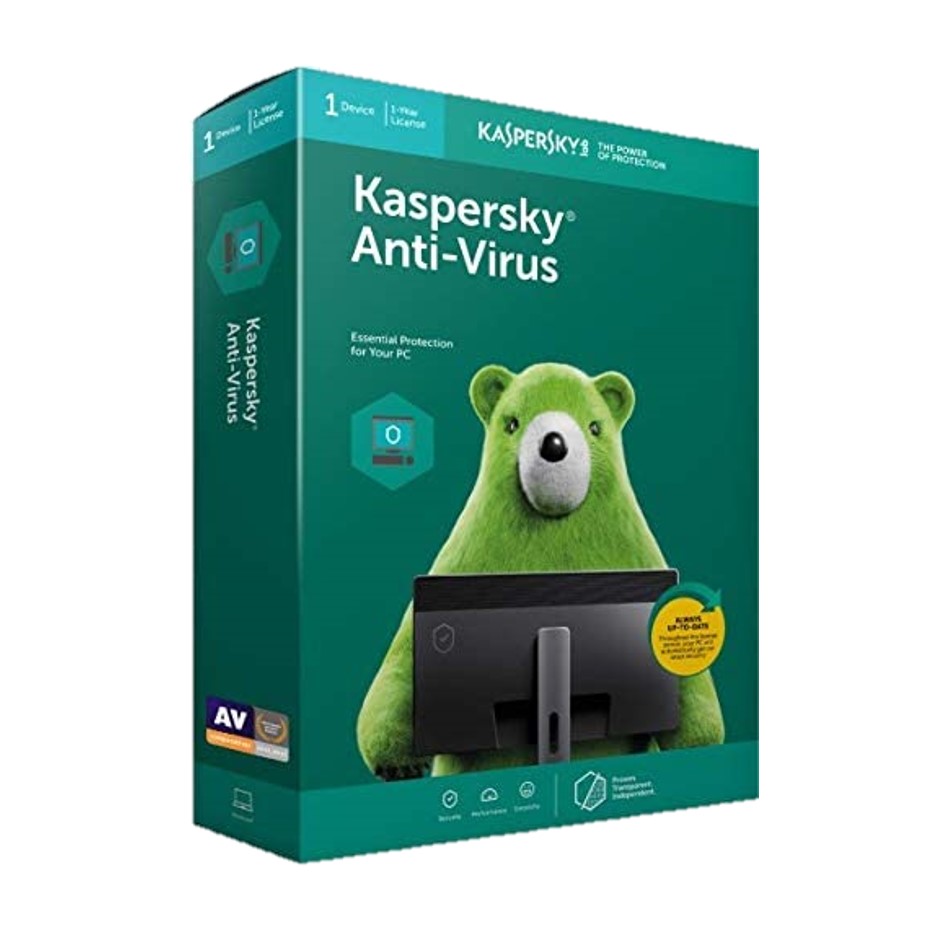

- #Target kaspersky anti virus update
- #Target kaspersky anti virus software
- #Target kaspersky anti virus code
- #Target kaspersky anti virus free
#Target kaspersky anti virus free
Some vendors offer free products: whilst they typically go beyond simple signature analysis, they are much less technology-rich than paid-for solutions. The term has become well-entrenched, however, and so continues to persist – it’s a case of ‘new wine in an old bottle’. In other words, they have long since outgrown the description ‘anti-virus’.
#Target kaspersky anti virus update
The best solutions are also typically integrated into a cloud-based infrastructure that provides the ability to determine the overall reputation of a file in real-time, without the need for an update to anti-virus databases. The applications we use to defend against today’s wide array of threats are the product of decades of evolution and include layers of proactive technologies designed to block new, unknown threats without the need for a signature: heuristics, emulation, behavioural analysis, anti-spam, firewalls, VPN and much more. Technology, and what we use it for, has changed dramatically and so have the solutions designed to secure computing devices of all kinds.

These products were also forged in an era where malware was invariably ‘cyber-vandalism’, i.e. Indeed, the use of proactive technologies is far more important than signatures – enabling these applications to block new and unknown threats.ĭE: In the early days, the primary method (though not exclusive – even then) used to detect malware was the signature – a sequence of bytes found in the malicious program that, when included in an anti-virus database, could be used to identify the malware. Today’s Internet security applications, while still often referred to as ‘anti-virus’, are much less reliant on the use of signatures. They typically include heuristics, emulation, behavioural analysis and more. These programs have evolved over the years to combat the new forms of attacks adopted by criminals. Hackers are increasing in sophistication and, off the back of society’s increasing use of connectivity, are more prominent than ever – no longer just a matter of concern for the tech industry, but for everyone. Today, by contrast, many types of malicious malware are used by cybercriminals to exploit individuals and organisations, typically by targeting confidential data. looking for sequences of bytes that are known to exist in a virus or other type of malicious program.

#Target kaspersky anti virus code
In those days, the principal (though not only) method used to detect malicious code was signature scanning, i.e.
#Target kaspersky anti virus software
Officials at the National Security Agency and the CIA have said they never used Kaspersky software for precisely that reason.DE: The term ‘anti-virus’, coined at a time when malicious programs were almost exclusively viruses, refers to programs designed to identify and remove malicious code from a computer. On a broad scale, it is common for state-sponsored hackers to exploit antivirus software for surveillance purposes. "Kaspersky Lab has never helped, nor will help, any government in the world with its cyberespionage efforts." authorities to address any concerns they may have about its products," the statement read. Kaspersky Lab issued a statement on Tuesday denying any involvement in the Russian hacks: "Kaspersky Lab reiterates its willingness to work alongside U.S. The US government has vowed to stop using Kaspersky software. The Israeli agents reportedly stole passwords, took screenshots, and collected emails and documents, ostensibly to learn about Russian cyberespionage activities, and in doing so, found that Russian-sponsored hackers were using the Kaspersky software to scan for classified US information that could be relayed back to intelligence agencies in Russia. Israeli intelligence agents discovered the exploit after they broke into Kaspersky's systems in 2014, and later tipped off US intelligence agencies on the matter.


 0 kommentar(er)
0 kommentar(er)
